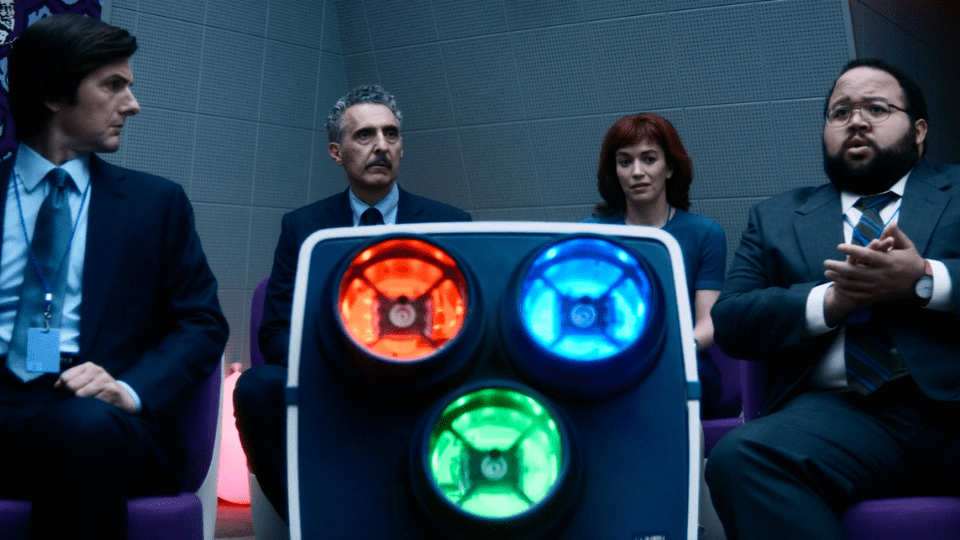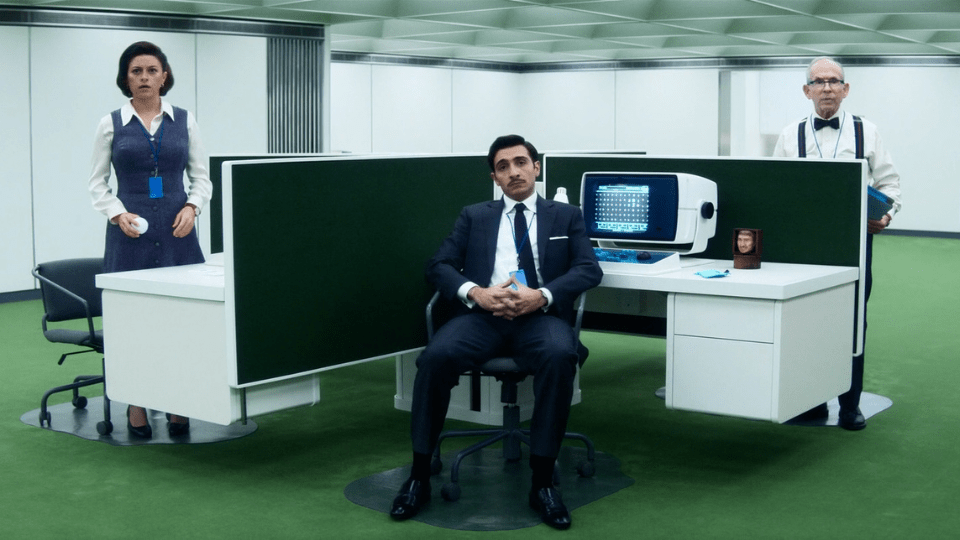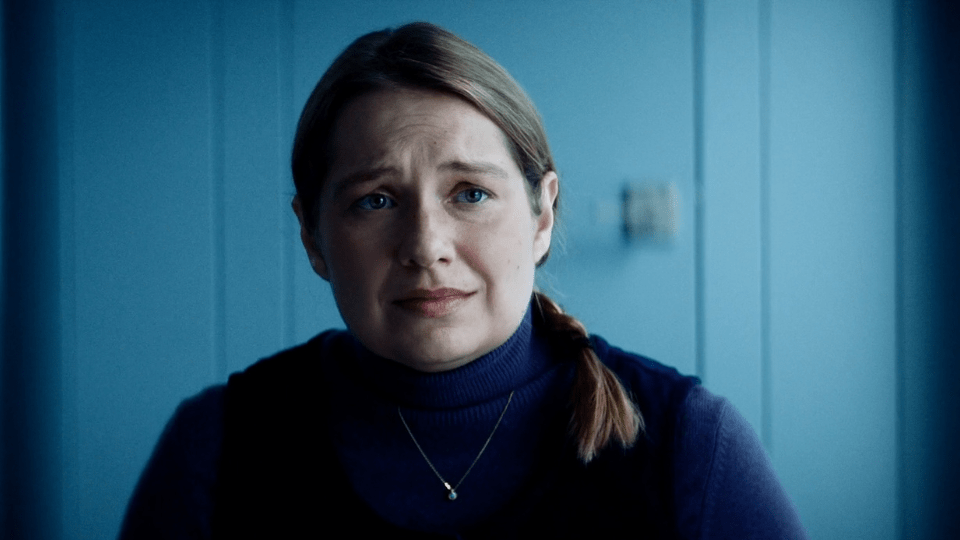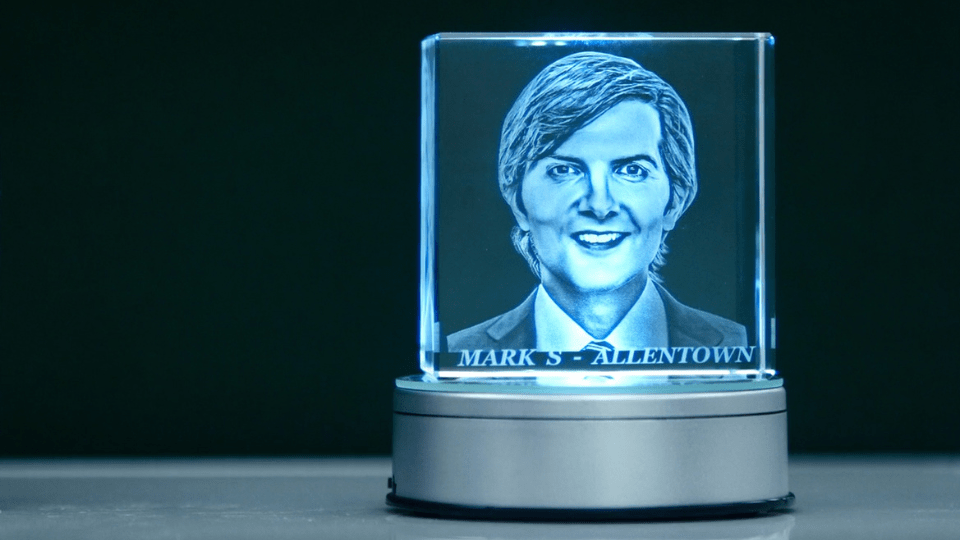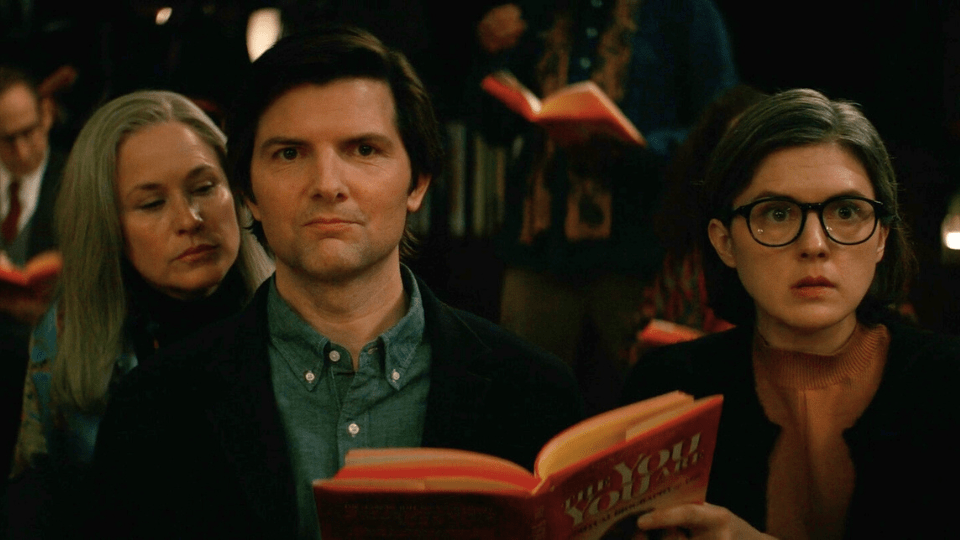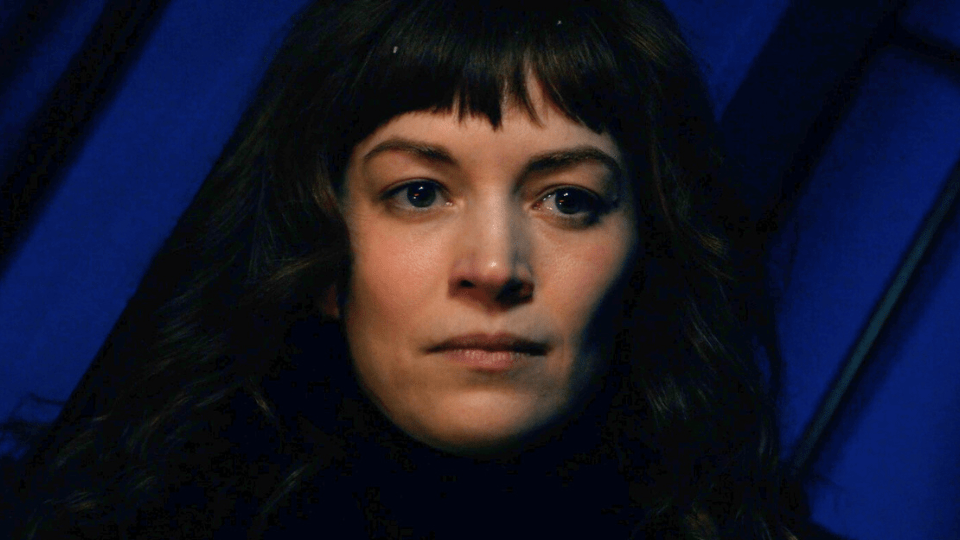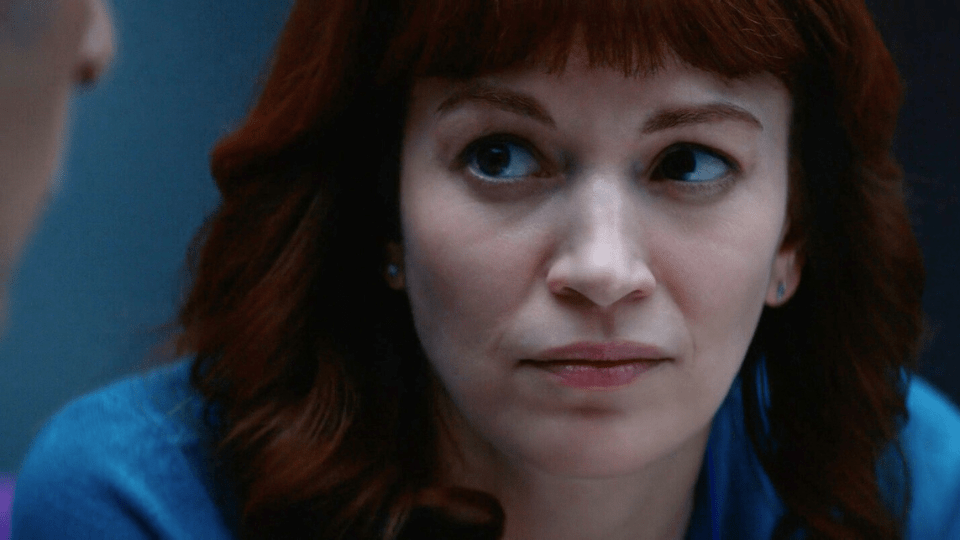Severance thrives on weaving mysterious threads into its narrative tapestry, and one of the more unsettling and underexplored elements is the concept of the Birthing Cabins. This intriguing detail surfaces in Season 1, Episode 6, pulling viewers into questions that deepen the show's exploration of identity, control, and the invasive reach of Lumon’s severance technology.
What Are the Birthing Cabins in Severance?
Around 26 minutes into Season 1, Episode 6, Devon, Mark’s inquisitive sister, is seen investigating a woman named Gabriella after a chance encounter in the park. Gabriella, who had recently given birth, oddly fails to remember their previous conversation in the birthing cabin. Devon had left Ricken and Mark in hers and ventured out in labour to find some coffee and connection with another woman. This moment plants a seed of suspicion: could Gabriella have been severed during childbirth?
The birthing cabins in Severance aren’t ordinary hospital rooms either - the Severed floor looks more like a hospital room that they do. They appear to be cosy environments where the severance procedure might be applied to women during pregnancy or childbirth. Maybe it is just one woman, maybe Gabriella is the test subject like we come to see Gemma as in Season 2. Was she given the severance proceedure willingly? This raises chilling implications about Lumon’s reach, extending the severance procedure into the most intimate and formative experiences of human life.
The Political and Personal Stakes of Severance
The articles Devon finds online reveal that Gabriella’s husband, Angelo Arteta, is a significant political figure who rose to power on the platform of severance advocacy. This connection suggests that severance is not only a corporate tool but also a political lever influencing society’s future. The fact that Gabriella’s home was “completely torn apart” during renovations hints at a possible installation of severance technology in private spaces, further blurring the boundaries between personal life and corporate control. If Gabriella was indeed severed throughout her pregnancy, it forces us to question what it means for an individual to be divided from such an early stage. Would the severed part - the “innie” - experience pregnancy differently? Are innies going to be used to experience only the undesirable and hard parts of life? Does this make one part of yourself, essentially tortured? Would memories and identity fragment in ways even more profound than the already disturbing work-life split seen on the severed floor? This possibility adds a new dimension to Severance, hinting at ethical and existential dilemmas that resonate far beyond the office walls.
Are innies going to be used to experience only the undesirable and hard parts of life? Does this make one part of yourself, essentially tortured?
Why Severance During Childbirth Matters for the Show’s Themes
The notion of Birthing Cabins Severance introduces a powerful metaphor about control and disconnection. Childbirth traditionally symbolizes new beginnings and unbroken continuity, yet here, Lumon’s technology threatens to fracture even this process. It emphasizes the show's central tension: the cost of compartmentalizing identity for the sake of productivity and control. Would Severance be seen as a medical advancement to making childbirth more bearable or would it be seen as unethical?
Furthermore, the idea that severance could be imposed at birth suggests a future where individuals are designed to be severed from the start, raising questions about autonomy, consent, and the very nature of selfhood. Women will no longer be fully present for the birth of their baby. The side of you who is raising your child is not the one who meets them as they enter the world. It challenges viewers to consider how far Lumon - and perhaps, by extension, our own society - might go in sacrificing human connection for efficiency.
Severance uses the mystery of the birthing cabins not just as a plot device, but as a profound statement on how deeply corporate control can infiltrate personal life.




